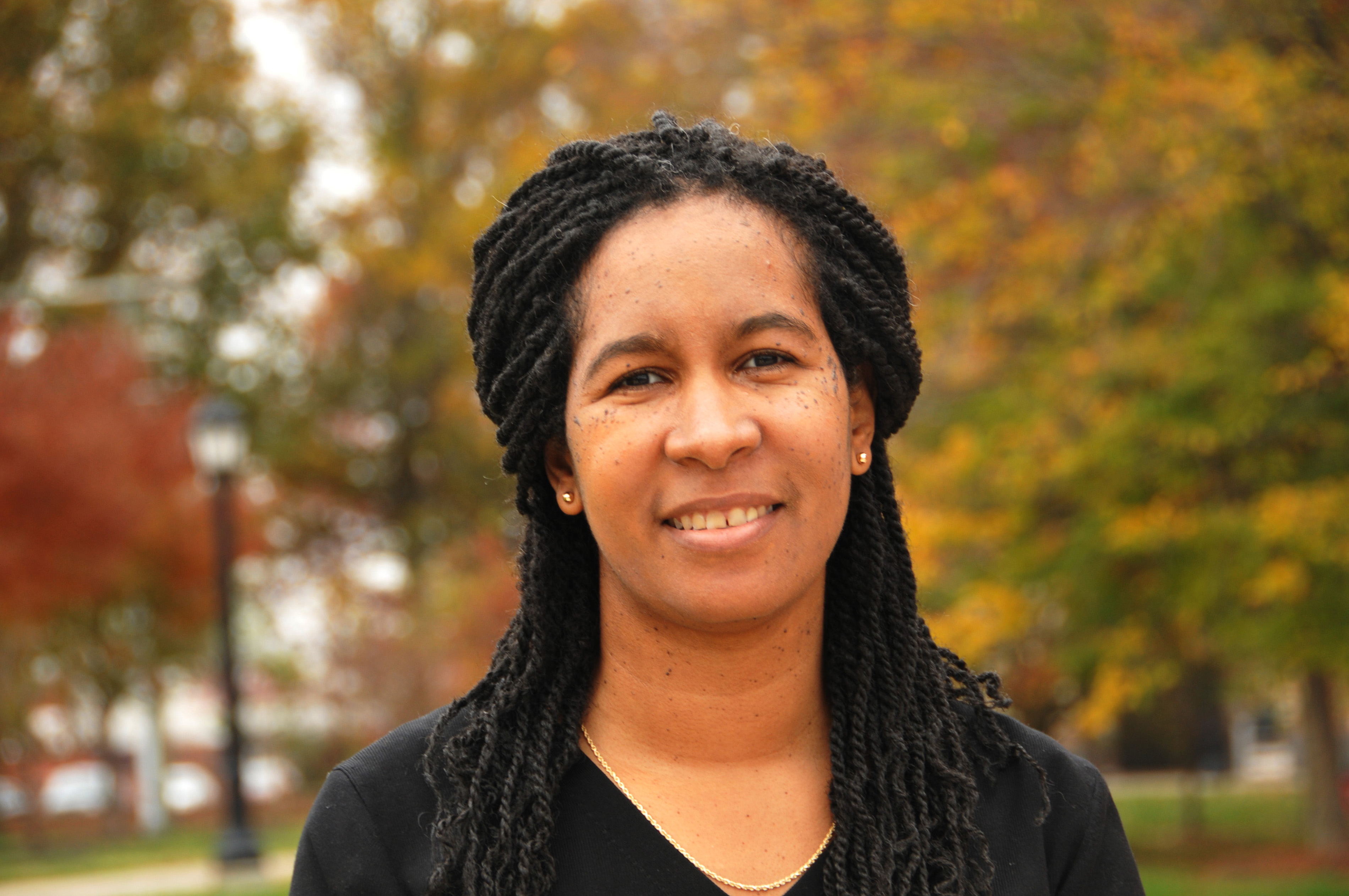
Dr. Patterson pens Op-Ed in Philadelphia Inquirer
The below op-ed on the importance of classifying teachers as “essential workers” during the current pandemic was published by Dr. Donna Patterson, Chair of the Department of History, Political Science and Philosophy, in the Philadelphia Inquirer on Aug. 24.
Declaring teachers ‘essential workers’ means nothing without giving real support
By Dr. Donna Patterson
As the summer draws to a close, the debate about whether schools, both K-12 and collegiate institutions, should reopen or not grows more heated. Data supports the possibility of reopening in locations with rates of low positivity, including New York City and parts of New England. Those who oppose reopening often cite the risks of managing nearly certain transmission of COVID-19 infections and question how much communities can reduce these risks.
Local school districts and institutions of higher learning are split. The Philadelphia School District decided to defer face-to-face instruction and offer classes remotely from Sept. 2 at least through Nov. 17. Similarly, Penn and Drexel revised previous plans to fully reopen and are offering undergraduate instruction remotely, while limiting campus housing to a select group of mostly international undergraduates and students in graduate and professional programs. Meanwhile, other universities in the area, including Temple, Bryn Mawr, and Haverford, are offering some face-to-face instruction.
Schools are very important to the fabric of our country. In fact, they are essential. Declaring that teachers, educators, and support staff are essential workers is one step in reopening schools. Just last week, the federal government added teachers and other educators to a revised list of essential personnel.
However, for the government to use this declaration to justify opening schools, it is critical that all teachers, professors, nurses, janitors, and other workers who provide administrative or support services to educational institutions receive extensive and proper personal protective equipment (PPE). Unfortunately, unlike nurses, physicians, and others in the medical field, many educators and their employers do not have access to PPE such as N95 masks. Those who have called on educators to report to work as essential workers, the same way medical professionals and workers have worked throughout the pandemic, usually fail to recognize that educators have less PPE access.
Before the pandemic — which has now been with us globally for eight months — and the resulting shortfalls in mask production and distribution, N95 masks were widely available. Now, the U.S. government must put financial resources behind the declaration of teachers and professors as essential personnel by funding the PPE needed to protect these workers. Federal funding should ensure that school districts, teachers’ unions, and academic institutions are given the funding to buy the PPE needed to keep these workers safe. In addition, the government needs to facilitate the opening of additional manufacturing lines for schools to bulk purchase PPE.
Schools need to reopen sooner rather than later — but only if the environment is safe. We have already seen the toll the spring school shutdown had on working parents and children who receive free or reduced lunches. In many cases, it has placed new stressors on teachers who have to navigate a rapid shift to remote instruction. And many teachers are primary caregivers to children, parents, and other family members.
School districts in New York City, New Haven, Conn., and Gwinnett County, Ga., have all decided to partially or fully reopen in the fall. Many colleges and universities are also reopening, with Temple resuming classes Monday. But early reports from schools that have already reopened, particularly where athletes have returned to train, point to new clusters of COVID-19 infections.
Since July, the number of cases of COVID-19 in children and young adults nationwide has risen. While Philadelphia saw a decline in cases in early August, the numbers have spiked since then. In order to safely reopen schools, local officials should work with federal leaders to provide access to PPE to schools and colleges. In addition, school reopenings should be limited to communities with a steady positivity rate of 5% or less — with 0% to 2% the ultimate goal. Caution is important because countries such as Germany and Spain, both with lower COVID-19 infections rates than seen here, have reported infection clusters after reopening even some schools.
This country has been at the forefront of responding to global public health crises for the past 100 years. It is critical to pull from this public health knowledge base to safely begin reopening and eventually fully reopen schools. Ideally, the federal declaration of teachers as essential personnel will lead to increased government funding and policy support to safely fund protective gear in parts of the country that are safe to reopen. It is also imperative to maintain funds for school districts that are not yet able to fully reopen but continue to serve the nation’s children via remote instruction and by providing supplemental meals to families.
Donna A. Patterson is an associate professor and the chair of the department of history, political science, and philosophy at Delaware State University. She is the author of “Pharmacy in Senegal: Gender, Healing, and Entrepreneurship,” and writes and teaches on epidemics, pandemics, and other public health issues. https://twitter.com/pharmacysenegal?lang=en

